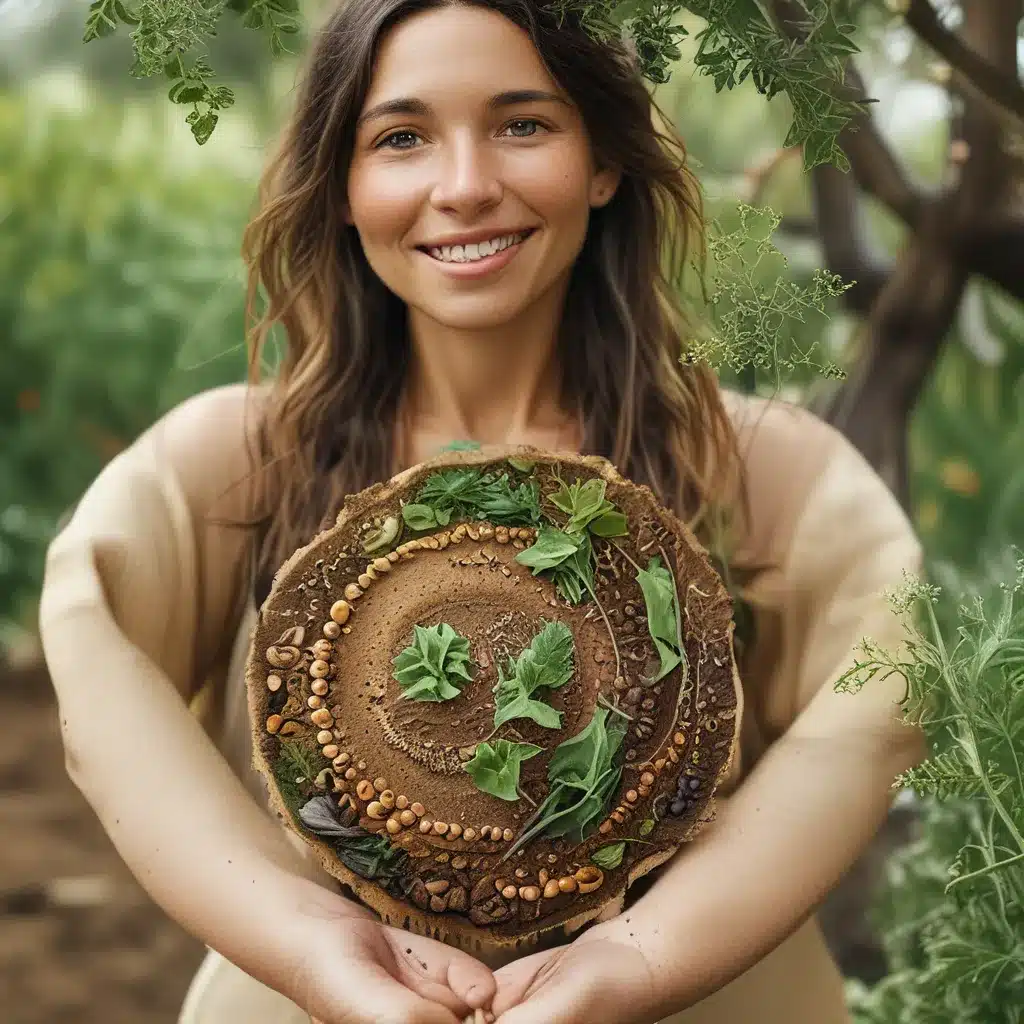
The Seed Detective’s Odyssey
I never expected my quest for the tastiest vegetables to turn into a full-blown adventure. But that’s exactly what happened when I stumbled upon an intriguing sweet pepper with a fiery heart during a filmmaking project in Ukraine. The flavor explosion ignited a passion in me, and I knew I had to learn more about this mysterious produce.
Thus began my odyssey as The Seed Detective. I set out to seek local growers of endangered heritage and heirloom varieties, determined to bring home their precious seeds. My mission? To grow, share, and return these vegetables, saving them from the brink of extinction so that others could delight in their unique tastes.
As I embarked on this journey, I discovered that the story of our everyday vegetables is far more captivating than we might expect. These humble food heroes have traveled the world, weathering the tides of globalization, political intrigue, and even colonization. Their origin stories are woven into the very fabric of our food cultures, with each variety carrying the echoes of a rich history.
Unearthing the Secret Histories of Our Veggies
Take the humble pea, for instance. We might assume this little green pod is a simple staple, but its journey has been anything but straightforward. According to The Seed Detective, peas were first domesticated in the Middle East over 10,000 years ago. From there, they spread across the ancient world, finding their way to China, India, and even the Mediterranean.
It wasn’t until the 17th century that peas made their way to the Americas, courtesy of European colonists. And it was only in the 20th century that the sweet, tender peas we know and love today were developed through selective breeding. The story of the pea is a testament to the incredible journey our everyday vegetables have undertaken, adapting and evolving alongside human civilization.
The same can be said for other staples like kale, asparagus, beans, squash, and even corn. Each of these foods has a rich and fascinating history that stretches back millennia, shaped by the movements of people, the whims of nature, and the creative ingenuity of growers and breeders.
Preserving Our Vegetable Heritage
As I delved deeper into the world of heritage and heirloom vegetables, I was struck by the realization that many of these remarkable varieties are in danger of being lost forever. In an age of industrial agriculture and mass-produced crops, the diversity of our food system is dwindling at an alarming rate.
According to Modern Farmer, “For Adam Alexander, seeds are more than just a job, hobby, or passion. They’re a lifeline.” This sentiment resonates deeply with me as I continue my quest to uncover and preserve the secrets of our vegetable heritage.
It’s not just about the flavors and textures we stand to lose; these endangered varieties represent a profound connection to our collective past. Each heirloom tomato, each heritage bean, each forgotten squash carries the stories of the people and places that shaped them. To let these varieties slip away would be to sever a vital thread in the tapestry of our food culture.
Cultivating a Diverse Future
That’s why I’m on a mission to inspire others to join me in this odyssey. We are a nation of vegetable growers, and by embracing the wonderful world of rare and endangered heirlooms, we can not only enrich our own culinary experiences but also play a crucial role in preserving our shared history.
Imagine the delight of biting into a Ukrainian sweet pepper that’s been passed down through generations, or the satisfaction of growing a Myanmar broad bean that’s been cultivated for centuries. These are the kinds of connections that can reignite our love for the food we eat and the land that nourishes us.
And the benefits extend far beyond our own plates. By supporting the growth and distribution of these heritage varieties, we can help sustain small-scale farmers, promote biodiversity, and reduce our reliance on the monocultures of industrial agriculture. It’s a win-win-win for our health, our communities, and the planet.
A Call to Arms for Vegetable Lovers
So, my fellow vegetable enthusiasts, I invite you to join me on this Organic Odyssey. Let’s embark on a journey of discovery, unearthing the secret histories of the produce that graces our tables. Let’s become culinary archaeologists, piecing together the stories that have shaped our food cultures over millennia.
And most importantly, let’s do our part to ensure that these remarkable varieties continue to thrive, so that generations to come can delight in their flavors and learn from their rich pasts. After all, as I like to say, “Vegetables are truly our history on a plate.”
The path ahead may be winding, but with each seed we plant, each story we share, and each bite we savor, we can cultivate a future where the diversity of our food system is celebrated and preserved. Who knows what other delicious discoveries await us on this Organic Odyssey?
So, let’s get our hands dirty and our taste buds tingling. The adventure is just beginning.



